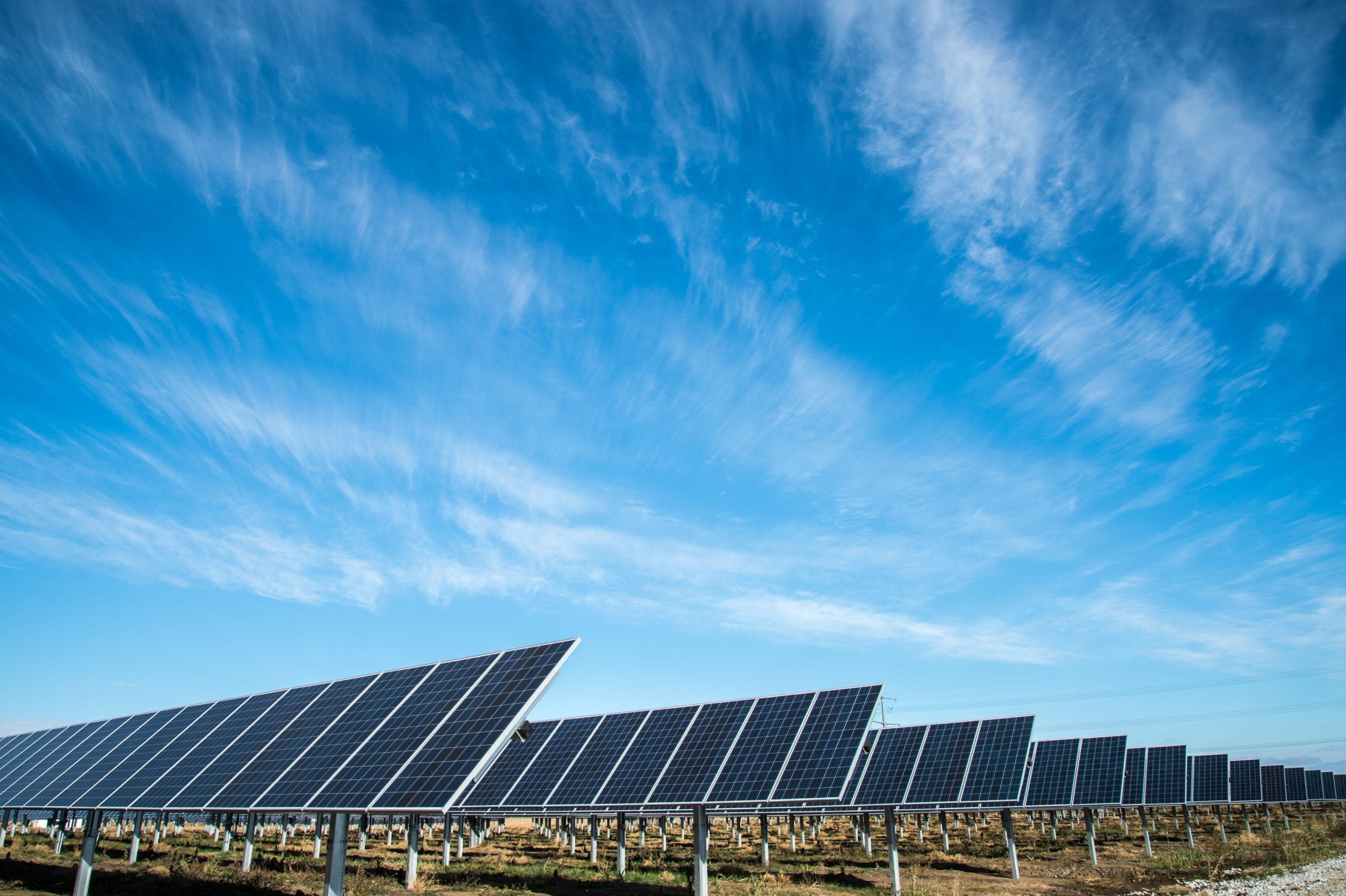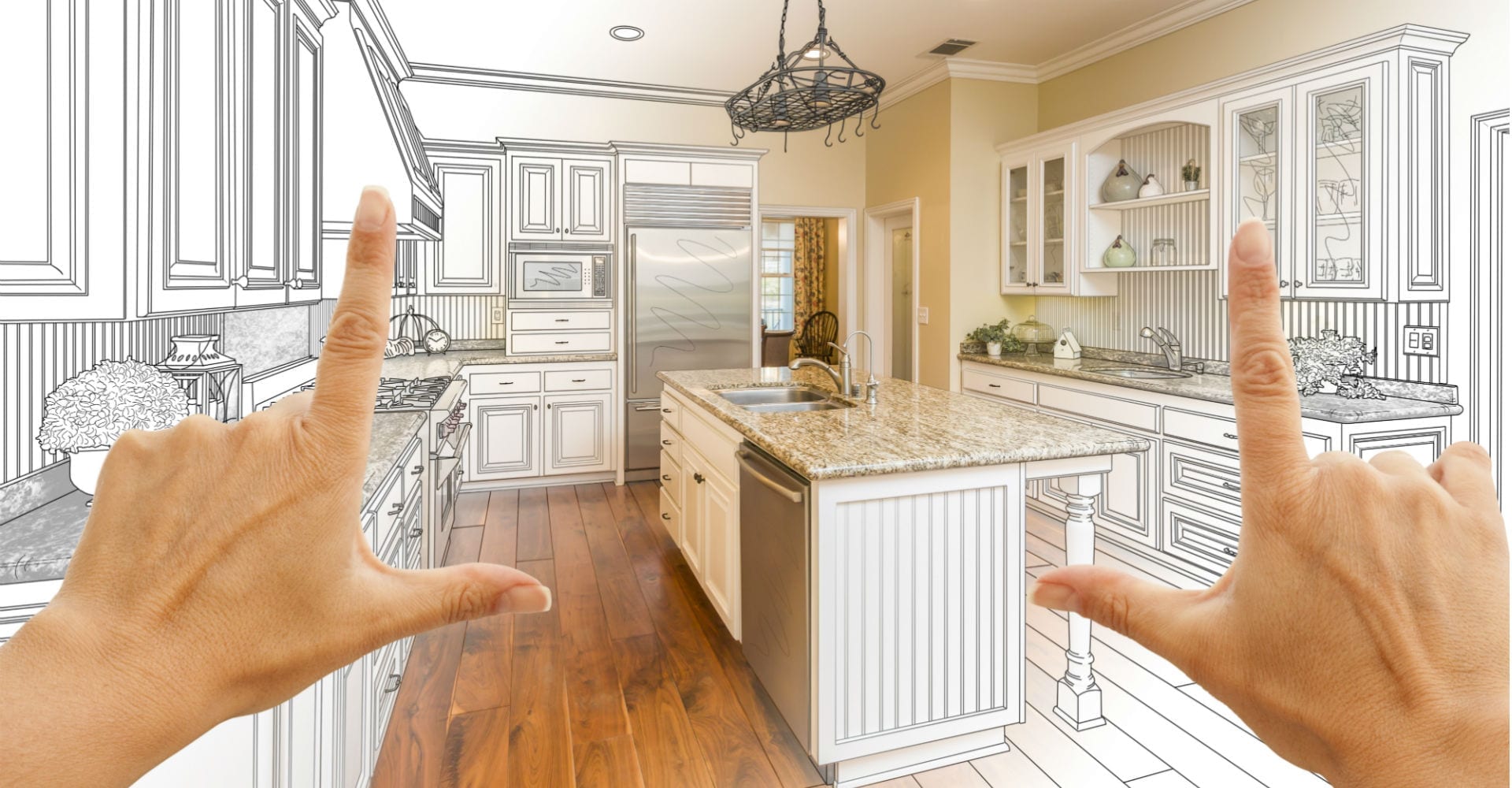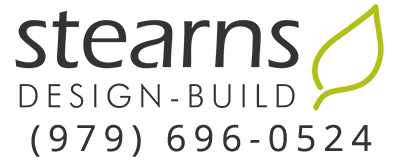[et_pb_section bb_built=”1″][et_pb_row][et_pb_column type=”4_4″][et_pb_text _builder_version=”3.2″]
Appliances
- Buy energy star appliances.
- Use a solar dryer (clothesline.)
- Know what you want and where it is before you open the refrigerator.
- Use a carafe coffee system rather a burner system (better coffee and less energy.)
- Better yet make your own cold brew coffee.
Electronics
- Buy energy star electronics.
- Avoid phantom loads.
Lighting
- Use daylighting as much as possible.
- Use LEDs – use about 75% less energy than incandescent and last about 25 time longer.
- Consider installing solar power (it may not be a good idea.)
- Buy Energy Star lighting.
Heating
- Live layered.
- Reduce your winter temperature by 1 degree a month until you are at 68 degrees.
- Open and close windows to take advantage of daytime heating.
- Have your system serviced in October.
- Change your air filter a few times during the heating season.
AC
- Live naked, it improves the efficacy of ceiling fans.
- Use ceiling fans but only when you are in the room.
- Set your thermostat at 78 or 80 (you will acclimate.)
- If you can, avoid being in cold buildings during the work day.
- Change your air filters with every month’s worth of use (not necessarily every month.)
- Have your system serviced in the spring before cooling season starts.
- Check your ducts for leakage and fix them.
- Seal air leaks in your house.
- Make sure you have more low vents than high venting your attic.
- Consider going to an unvented attic
- If you cannot add insulation in your attic being careful not to block soffit vents.
Water heating
- Turn the temp on your water heater down.
- Wash clothes, when possible, in cold water
- Turn your water heater to “vacation” or “pilot” when you are away. You are not going to remember to do this unless you have a “leaving checklist” of all the things you need to do when you are going to be away for a few days or more.
- Insulate your hot water tank.
Water
- Reduce turf in your yard.
- Irrigate wisely.
- Only when necessary
- Use a moisture sensor to avoid watering when it is not necessary.
- Water deeply and infrequently
- Consider rainwater collection.
- Use low flow fixtures
- Turn water off while brushing teeth, washing hands and even when lathering up in the shower.
Energy Audit
- Reducing air leaks without an energy audit
- Foam electrical and plumbing penetrations into the attic
- Keep winter cover on spigots all year
- Caulk windows
- Caulk baseboards
- Seal and insulate attic accesses that are in conditioned space
- Use a chimney balloon
- Visually inspect your insulation
- Run the fan on your CA system and feel for leak in your ducts.
- Get an energy audit.
Transportation
- Don’t travel and if you do commit to carbon offsets
- Walk or ride a bike where possible.
- Combine trips
- Plan errands for once a week
- Procrastinate – put all errands off until this day or at least as late as possible.
- Drive a fuel-efficient car
- Learn to drive for fuel efficiency
Consumerism
- Reduce the inflow of stuff
- Don’t expose yourself to commercial advertising it drives consumerism in EVERYONE.
- Encourage friends and family to relax the gift giving obligation, with non-stuff rituals.
- Create algorithms that help make buying decisions,
- Create a wardrobe list by category and how many is reasonable to keep in each category.
- Define the amount of space your wardrobe should take up and stick to it.
- Decide how often you must use something to make it worth keeping.
- If you get something new that is larger than a match box, commit to getting rid of at least twice its volume.
- Get rid of the excess that you have
- Start with the junk drawer.
- Do you use it more than four times a year?
- Is there something else that could do the job almost as well?
- I will get rid of ___ things each month.
- Maintain a box for things of sentimental value and do not let them overflow the box.
- Digitize
Waste
- Don’t buy over packaged items
- Use fabric grocery bags.
- Avoid over packaged food.
- Reuse where possible.
- Recycles where you cannot reuse.
- Compost
- Recycle
- Glass
- Cans
- Newspaper (better to read online)
- Magazines
- Cardboard
- Batteries
- Stop Junk mail
The Table
- Shipping
- Grow your own.
- Support local farmers through CSAs and Framers markets.
- Buy seasonal foods.
- Opt for California wine.
- Buy western hemisphere coffee.
- Reduce chemicals
- Buy organic or near organic and drug free.
- Become a vegetarian or at least more vegetarious.
- Limit or eliminate lamb and beef.
- Eat only grass fed and finished beef and lamb.
- Buy wild fish.
EPA Carbon Footprint Calculator (under estimates by a good deal)
Nature Conservancy Carbon Offsets
[/et_pb_text][/et_pb_column][/et_pb_row][/et_pb_section]










